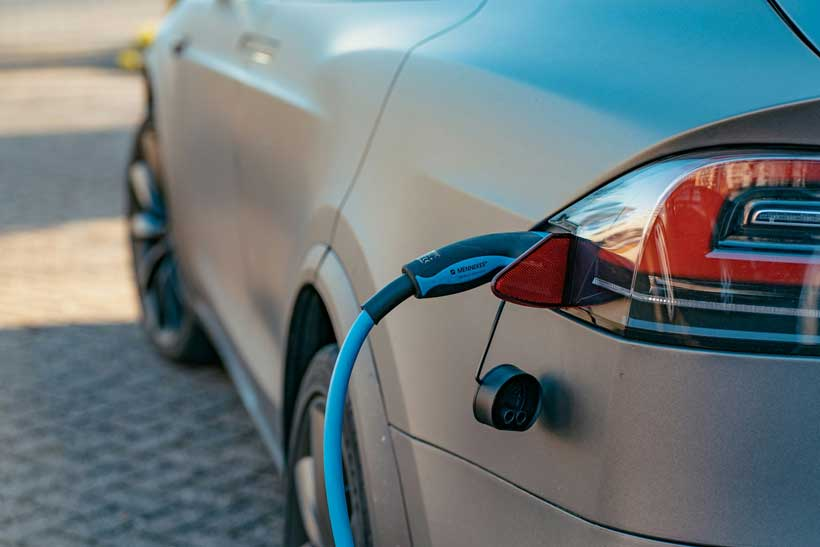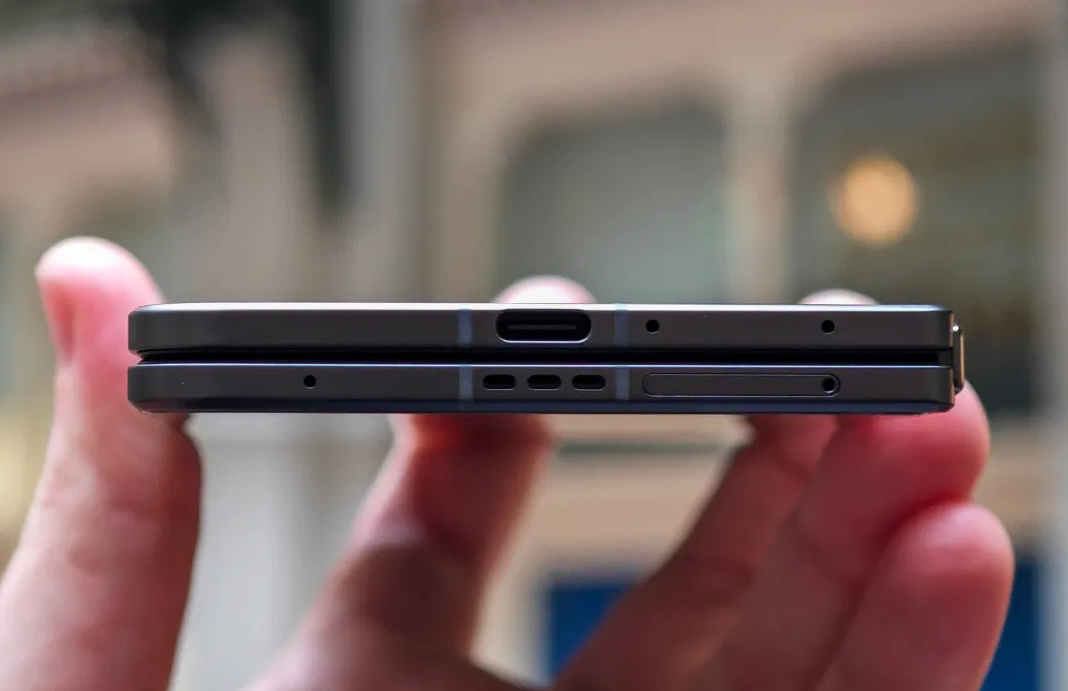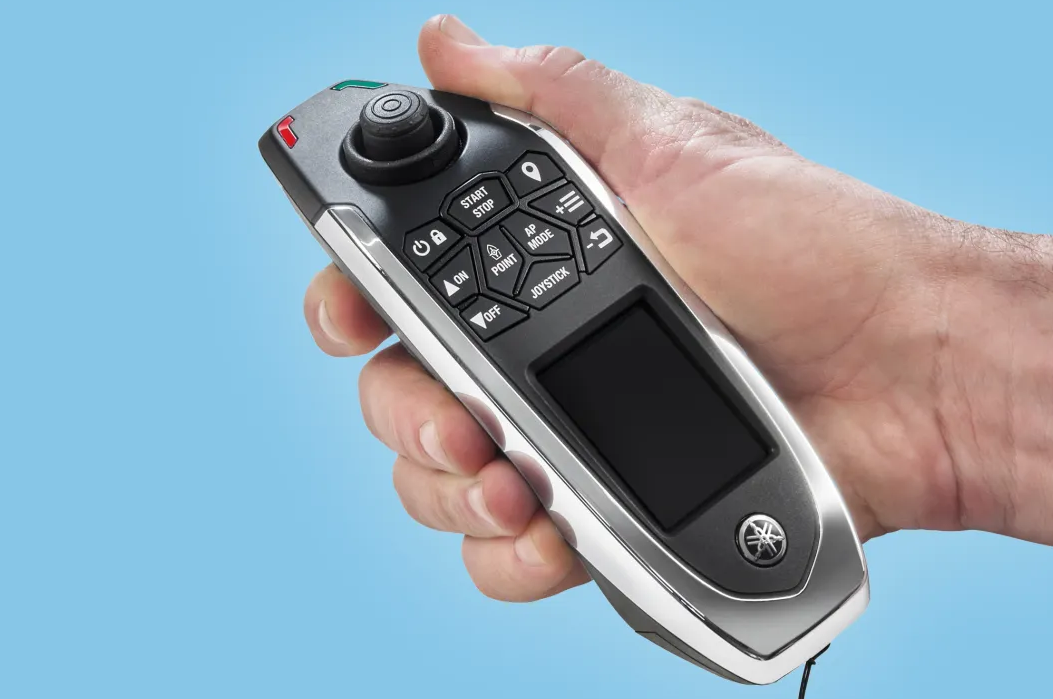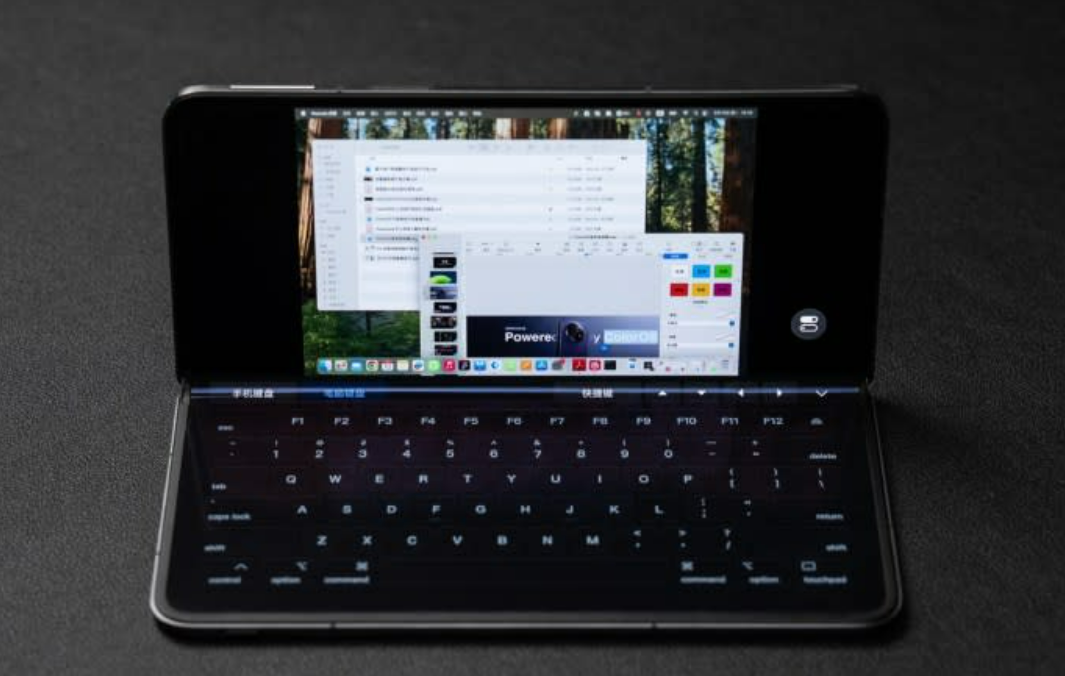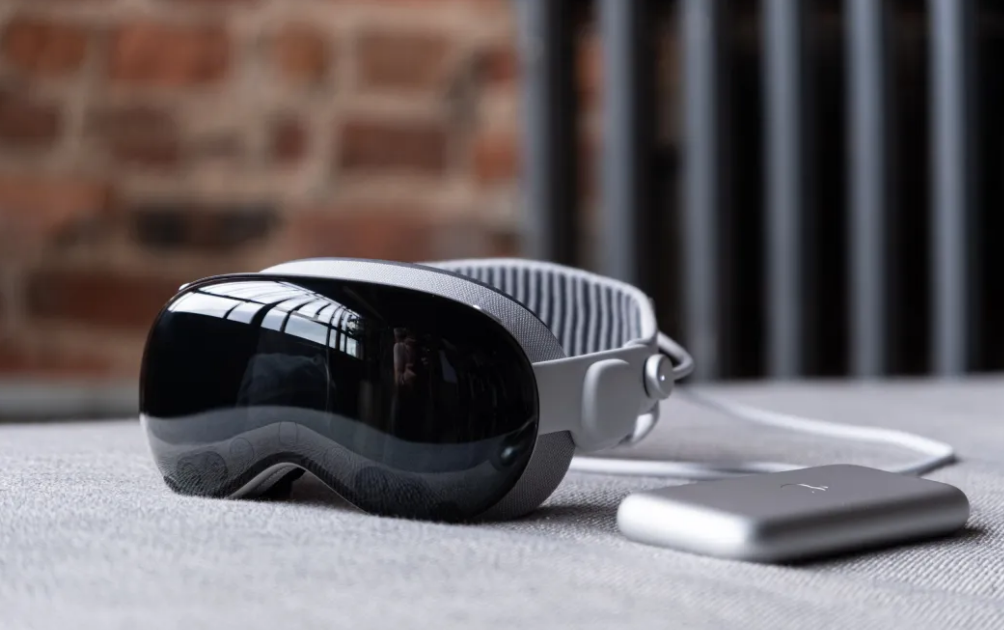Within the PHOENIX initiative, European Researchers are developing lithium-ion batteries that self-identify wear internally and, subsequently, self-repair. The smart cells we prototype incorporate embedded sensors, and trigger repair through temperature, magnetic pulses, or polymers, to address types of damage, such as dendrites and swelling.
With the support of the Battery 2030+ framework, PHOENIX is incorporating proactive monitoring into the Battery Management System (BMS) module of the battery, to double the cycle life (i.e. from ~250 to over 500 complete charges), with less reliance on finite resources like lithium and nickel.
By allowing for energy-density-reducing configurations (i.e. silicon anodes), and increased recyclability, the conducted research could minimize battery size, empower EV range, reduce waste generation, and enable zero-emission vehicle objectives by 2035 in Europe.
A first dispatch of prototype sensors and healing-trigger was sent for testing in March 2025. While additional sensors add complexity and cost to production, the design activity for the prototypes will include evaluations that attempt to visualise and quantify the potential benefits against economic costs - while considering methods for future large-scale production and methods for sustainable recycling, funded through CORDIS Horizon Europe.
